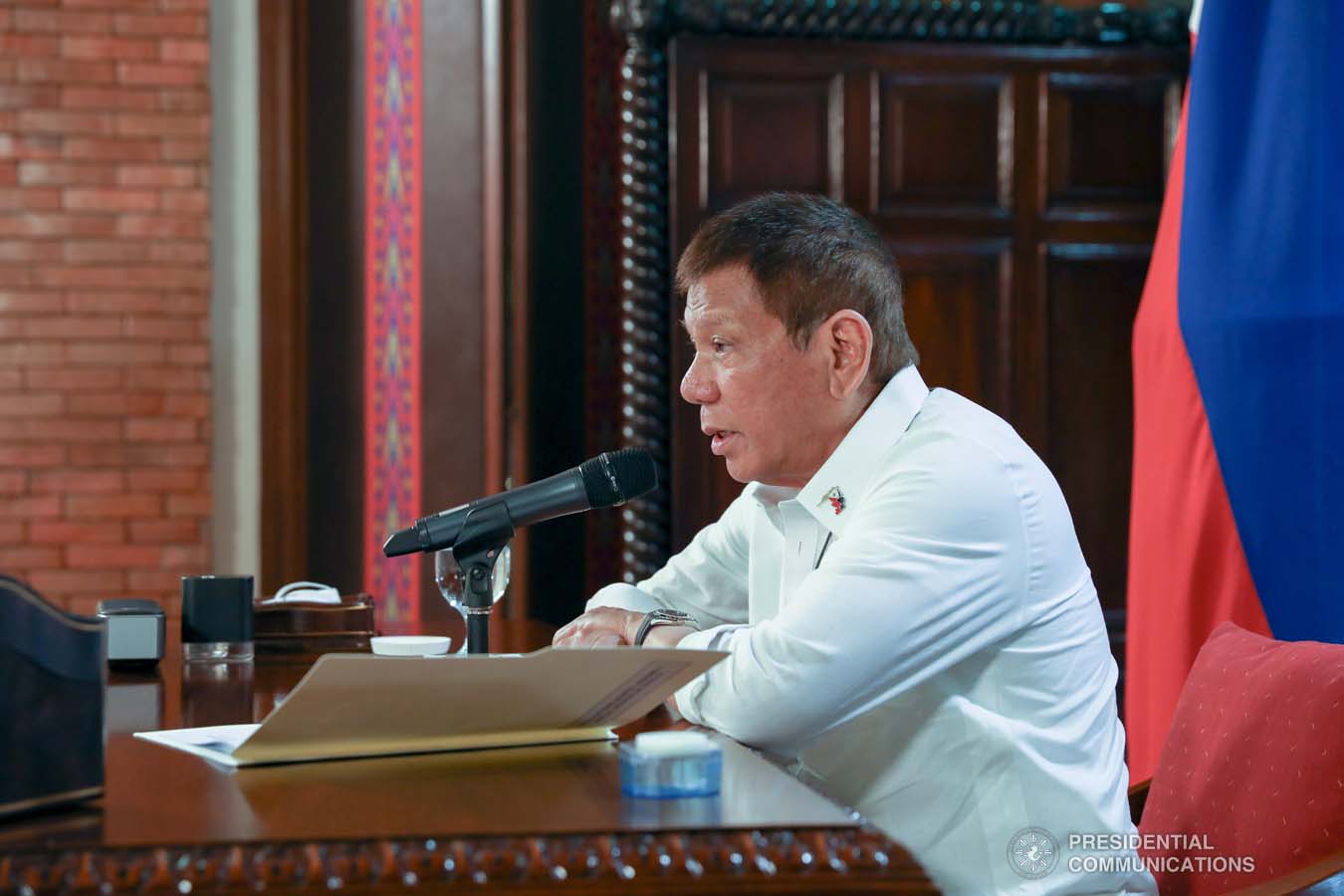
MANILA – President Rodrigo Duterte has ordered the implementation of the Advance Passenger Information (API) System to strengthen border control through the strict and intensified enforcement of Philippine immigration laws.
Duterte on Tuesday signed Executive Order No. 122 pushing the adoption of the API System (APIS) which refers to an electronic communications system that collects biographic data from machine readable passports, other official travel documents or basic details provided by commercial carriers.
“An APIS may either be interactive or non-interactive/batch style and shall include other program or system authorized or recommended under pertinent international standards and guidelines,” the order read.
Aside from strict enforcement of immigration laws to enhance the Philippine border control, Duterte emphasized the upgrading of screening capacity “to enhance border integrity, manage international traffic flow amidst dramatic growth in passenger numbers, and ensure public safety and security.”
Under the EO, the captain, master or agent, or owner of a commercial carrier whose vessel or aircraft is arriving in or departing from any port within the Philippine territory shall provide the Bureau of Immigration (BI) the API of its passengers, and those of the crew and non-crew members.
The API shall serve as initial security vetting of passengers, crew and non-crew members to effectively facilitate and expedite the arrival and departure process of legitimate travelers during primary inspection. This, however, shall not exempt any passenger, crew or non-crew member from submitting to physical primary inspection at the immigration counters of the ports of entry or departure.
The EO also states that the BI may share information contained in the API in furtherance of regional or international security.
The API may also be provided to the following law enforcement agencies in furtherance of maintain national security, law enforcement, immigration, intelligence, and counter-terrorism functions, as may be required for public safe and order:
–Department of Finance-Bureau of Customs;
–Department of Transportation (DOTr)–Office for Air Transport Security;
–DOTr-Philippine Coast Guard;
–Department of Health-Bureau of Quarantine;
–Department of Justice-National Bureau of Investigation;
–Department of Interior and Local Government-Philippine National Police;
–Department of National Defense;
–National Intelligence Coordinating Agency;
–Armed Forces of the Philippines;
–National Security Council; and
–Anti-Terrorism Council;
Any unauthorized disclosure, sharing, publication or use of the information considered as API shall be punishable in accordance with the relevant provisions of Republic Act No. 10173 as well as criminal and civil service laws, rules, and regulations.
The captain, master or agency, or owner of a commercial carrier shall be liable for the payment of appropriate administrative fines under Commonwealth Act No. 613 and its implementing rules and regulations, for failure to provide API to the BI or to include a passenger, crew or non-crew member in the API.
Such penalty shall be imposed regardless of whether the BI eventually cleared the person for entry into the country, and is without prejudice to the filing of appropriate administrative, civil and/or criminal charges pursuant to existing laws, rules, and regulations.
Crew or non-crew members not included in the API shall be dealt with in accordance with immigration protocols under relevant laws, rules, and regulations. Passengers may be similarly treated if it can be shown that they were complicit in the omission of their names and other data from the API.
Unless the information is classified as terrorism or crime-related, data collected in the APIS shall be maintained for a period of not more than 12 months from the date of collection. The data shall thereafter be erased, destroyed, or disposed of in accordance with rules and regulations that the BI shall issue within 60 days for the EO 122 implementation.